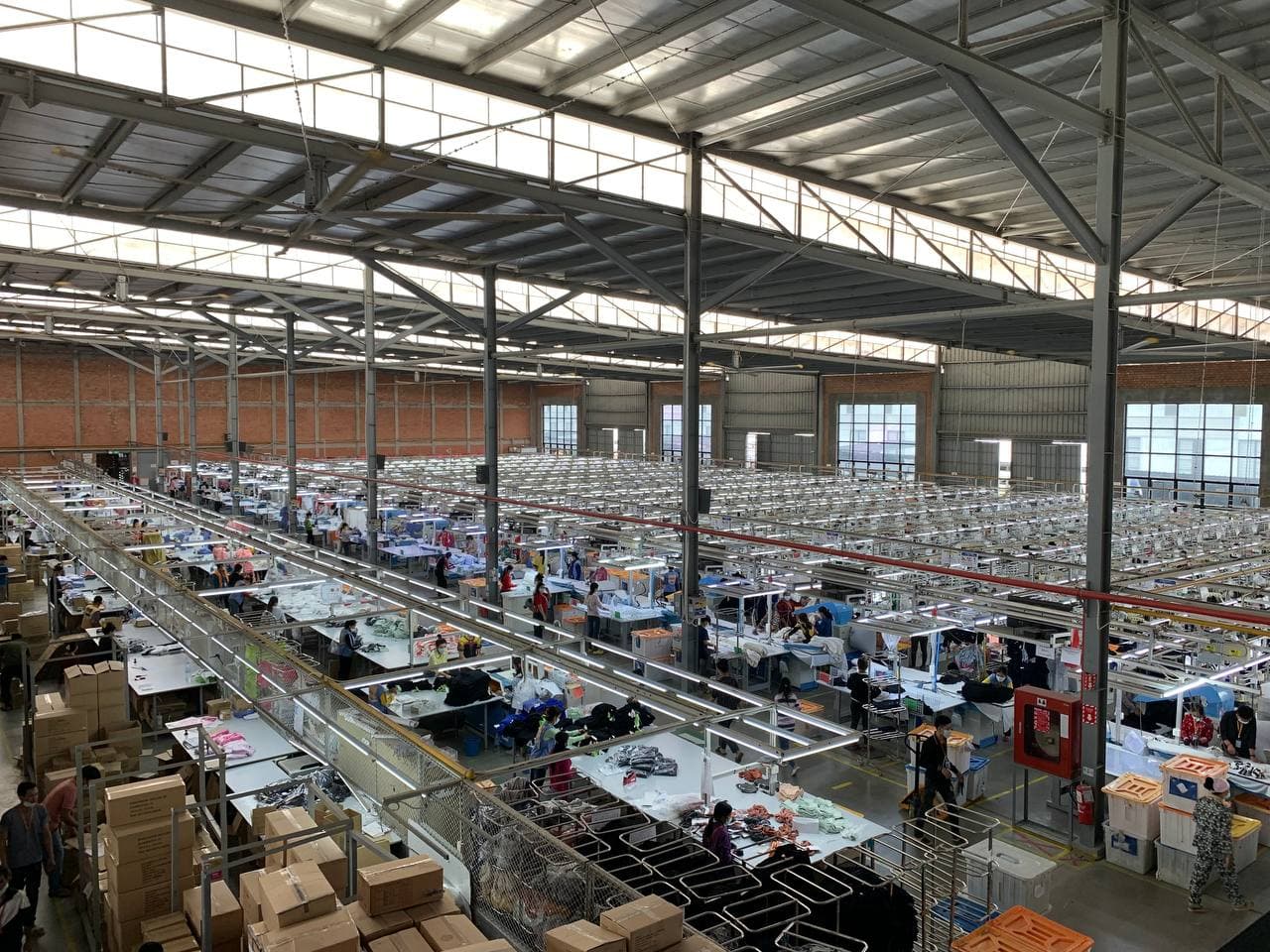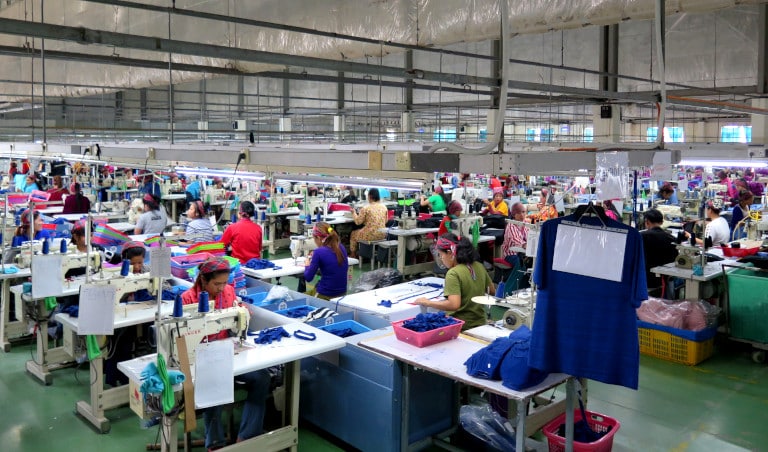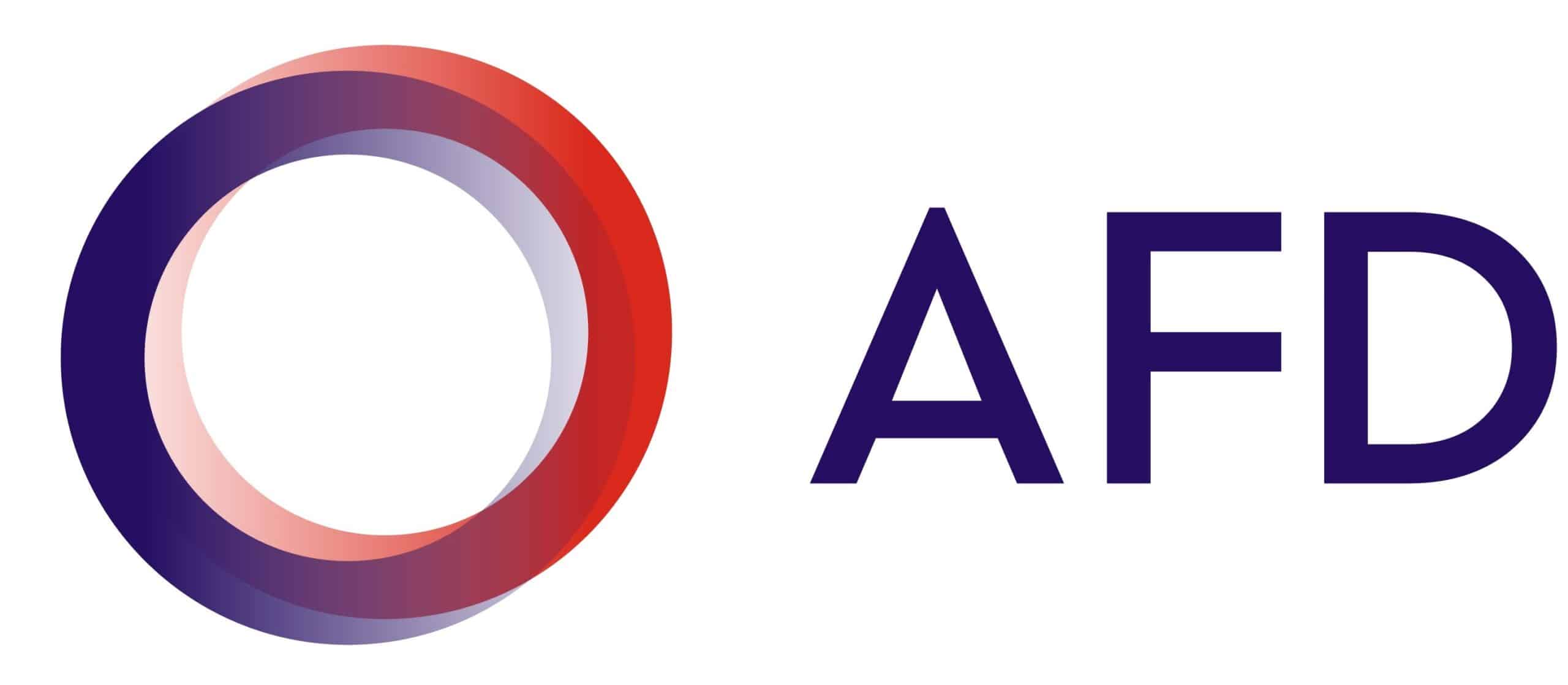Promotion of sustainable energy practices in the garment sector in Cambodia
Increasing competitiveness and decreasing environmental impact through sustainable production in the Cambodian garment industry.
Context and challenges
The Cambodia’s garment industry is the backbone of the country’s export-driven economy and the industrial sector’s largest employer. In 2019, before COVID 19 pandemic, the industry employed 800,000 workers (mainly women) and represented 15% of Cambodia’s GDP.
According to the National Energy Efficiency (EE) Policy, steep growth has led to the doubling of GHG emissions from energy consumption in the sector between 2002 and 2012. The predominant use of unsustainable, non-traceable cheap fuelwood in the factories of Cambodian garment suppliers contributes to the country’s rapid forest depletion and further exacerbates the sector’s ecological footprint.
As of today, Geres estimates that 76% of the garment factories using wood are sourcing it at partially or entirely from natural forests, mainly from illegal harvesting and questionable land clearing practices.

Objectives and solutions
Therefore, since 2016, GERES has worked on solutions to support low-carbon development by industries in Cambodia by tackling the barriers towards a switch to sustainable biomass energy supply for thermal energy generation, with a focus on the garment manufacturing sectors.
However, many challenges are to be addressed such as the inadequate regulatory environment to incentivize private investment in sustainable energy practices; the lack of appropriate dedicated technical and financial services and the low demand from the garment industry for sustainable energy solutions. In particular, the latter is caused by several factors such as:
- A low level of awareness within factories of existing energy-efficient and cleaner energy solutions
- A lack of understanding of the methodologies used to calculate energy savings
- Lack of coordinated strategy among brands on environmental requirement.

In order to address the above challenges, Geres has partnered with the Global Green Growth Institute (GGGI) and the Garment Manufacturer’s Association in Cambodia to implement a joint project with the aim to increase investments in sustainable energy practices by garment factories in Cambodia.
The project aims to achieve the following:
- Relevant government institutions initiate a series of regulatory measures to incentivize private investment in sustainable energy practices.
- Institutional arrangements and capacities are developed for adoption of enforcement measures and improve data availability supporting the sector’s switch to sustainable energy practices.
- Garment factories have access to a range of appropriate technical and financial services including a risk reduced repayment mechanism to support their switch towards sustainable energy practices.
- Awareness is raised and demand for appropriate technologies and advisory services for sustainable energy practices increases among value chain stakeholders.
To achieve this, Geres deployed its technical expertise in three major areas: energy management optimization at the factory, sustainable steam production, and capacity building of employees and workers in sustainable practices. These actions have included the creation of tools to track CO2 and energy savings, measurement campaigns, selection of service providers, promotion of green energy suppliers, and organizing a matchmaking event between plants and equipment manufacturers. In addition, Geres has conducted studies on sustainable biomass and is implementing initiatives to improve supply chain transparency. Finally, its expertise has led to needs assessments to develop a range of technical documentation and training programs to enhance the skills of all factory employees.
Since 2022, Geres has partnered with two local associations, Cambodia Women for Peace and Development (CWPD) and Live and Learn Cambodia (LLC), to implement awareness-raising campaigns on climate, energy and health issues among line workers.
TECHNICAL GUIDES AND DOCUMENTATION
- Technical briefs on sustainable energy in the garment sector in cambodia
- Unravelling sustainable wood sourcing for garment, textile and footwear industry in cambodia
- Case studies on sustainable energy in the garment sector in cambodia
- Energy service providers list in cambodia
- Technical videos on sustainable energy in the garment sector in cambodia
Beneficiaries
- 50 walkthrough audits were provided in garment factories by an independent auditor
- 4 plants received support and a detailed measurement campaign specific to their energy improvement.
- 3 factories received support in purchasing efficient equipment
- 200 (26% F) factory employees received short training courses on energy efficiency in the garment industry
- 50 (32% F) factory employees and around 10 (55% F) students received advanced diploma training in environmental management in the garment industry.
- 80 factory employees were trained as peer educators to deliver awareness campaigns to 6,000 employees.
- 6 meetings with brands on environmental issues were organized.
Technical partners
FINANCIAL PARTNER


WOULD YOU LIKE TO TAKE ACTION
AND SUPPORT WHAT WE DO?
Tell us who you are and find your means of action.
